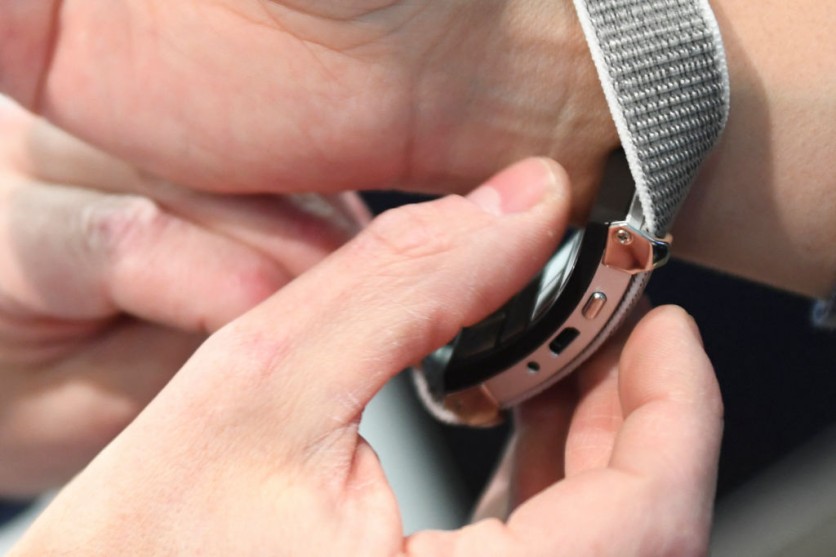Are we waving goodbye to mental health questionnaires and hello to AI-powered wearables soon? Well, this possibility may not be so far-fetched.
According to the researchers at the Icahn School of Medicine at Mount Sinai in New York, utilizing machine learning models to analyze data collected from wearable devices can detect the level of resilience and well-being of a patient without actively engaging them.
This breakthrough supports the use of wearables, like the Apple Watch, to remotely monitor and assess psychological states without needing individuals to complete mental health surveys.

Detecting Resilience
According to the researchers, resilience can play a crucial role in mitigating stress, reducing morbidity, and improving chronic disease management.
Dr. Robert P. Hirten, Clinical Director at the Hasso Plattner Institute for Digital Health at Mount Sinai, said that their study is the first to evaluate whether resilience, a key mental health feature, can be evaluated from devices such as the Apple Watch.
Senior author Dr. Zahi Fayad emphasized that access to mental health services is not equal across different locations and socioeconomic statuses. The need for in-person assessment or completing validated mental health surveys makes it even more challenging.
Dr. Fayad highlighted the need for a greater comprehension of individuals who are at psychological risk and the development of more efficient ways of monitoring the effectiveness of psychological interventions.
Warrior Watch Study
In the Warrior Watch Study, which enrolled 329 healthcare workers across seven hospitals in New York City, researchers used Apple Watch Series 4 or 5 to gather data on heart rate variability and resting heart rate over the follow-up period.
The subjects also completed surveys at the beginning to measure resilience, optimism, and emotional support. The team said that their metrics were successful in identifying resilience or well-being states.
Although the study was not designed to evaluate this endpoint, the researchers found that the passively collected wearable data could predict psychological characteristics, suggesting a need for further assessment.
"We hope that this approach will enable us to bring psychological assessment and care to a larger population, who may not have access at this time," said Micol Zweig, MPH, co-author of the paper.
"We also intend to evaluate this technique in other patient populations to further refine the algorithm and improve its applicability."
The team of researchers intends to continue monitoring a variety of physical and psychological conditions using data gathered from wearable devices.
At the same time, they are working on creating advanced analytical tools, such as artificial intelligence, to detect patterns related to specific mental or physical health conditions.
This innovative approach presents an opportunity to improve access to mental health services for people who might not have access to them, which could revolutionize the way mental health is evaluated and treated.
The study, titled "A machine learning approach to determine resilience utilizing wearable device data: analysis of an observational cohort", was published in JAMIA Open.
Related Article : Apple MR Headset Update: AR-VR Wearable Could be Lighter, Thanks to Rumored External Magnetic Battery

ⓒ 2025 TECHTIMES.com All rights reserved. Do not reproduce without permission.




